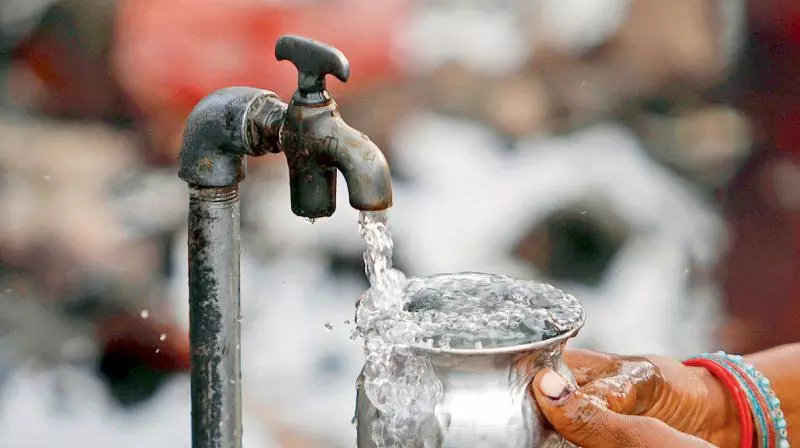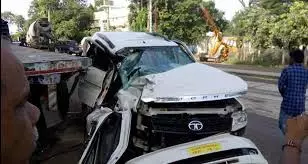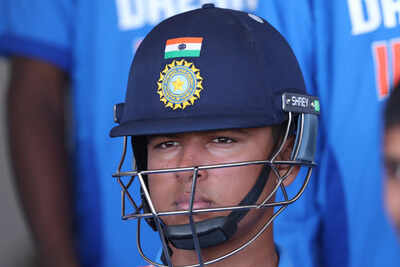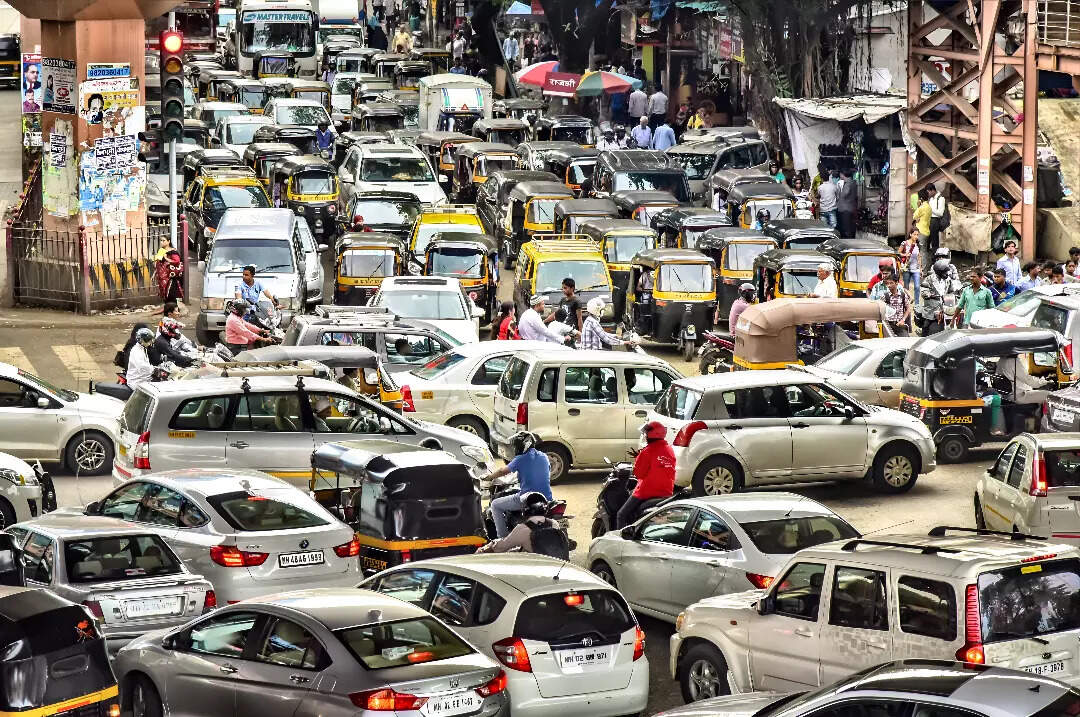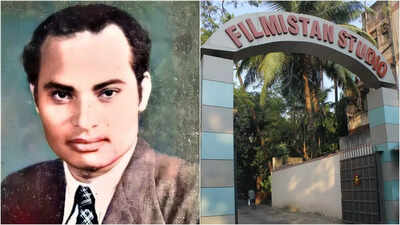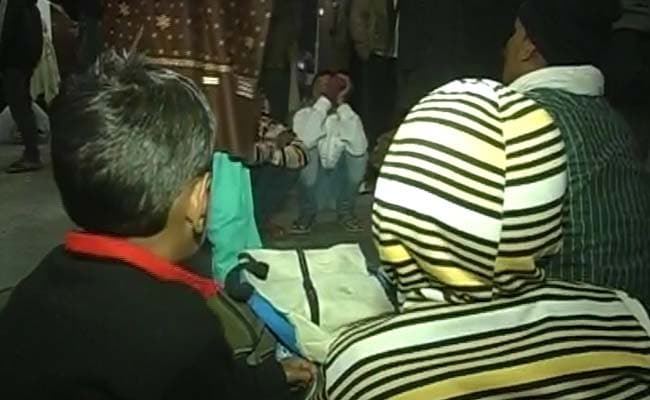
In the top district in child trafficking, Jaipur City emerged as the hotspot. (file)
New Delhi:
Uttar Pradesh, Bihar and Andhra Pradesh are the top three states with the maximum number of children trafficked between 2016 and 2022, while Delhi has seen an alarming 68 per cent rise from pre- to post-Covid times, according to a new study by an NGO.
These statistics have been unveiled in a comprehensive report titled ‘Child Trafficking in India: Insights from Situational Data Analysis and the Need for Tech-driven Intervention Strategies’, jointly compiled by Games24x7 and the Kailash Satyarthi Children’s Foundation (KSCF), founded by Nobel Peace Laureate Kailash Satyarthi.
The report, released on Sunday, to mark the ‘World Day Against Trafficking in Persons’, painted a troubling picture of the child trafficking crisis in the country.
The report showed that Uttar Pradesh, Bihar, and Andhra Pradesh are the top three states with the maximum number of children trafficked between 2016 and 2022.
Notably, Delhi has witnessed a 68 per cent increase in child trafficking cases from pre- to post-Covid times.
In the top district in child trafficking, Jaipur City emerged as the hotspot in the country, while the other four top slots in the list were found to be in the national capital.
The data gathered by Games24x7’s data science team draws from KSCF and its partners’ interventions in child trafficking cases across 262 districts in 21 states from 2016 to 2022, providing a comprehensive overview of the current trends and patterns in child trafficking.
During this period, as many as 13,549 children under the age of 18 were rescued, who also form a sample size of some of the analysis.
The report revealed that 80 per cent of the rescued children fell within the age group of 13 to 18 years, while 13 per cent were aged nine to 12 years, and over 2 per cent were even younger than nine years.
This indicated that child trafficking affects children of various age groups, making it a pervasive issue.
The report also shed light on the industries where child labour is rampant.
Hotels and dhabas employ the maximum number of child labourers (15.6 per cent), followed by the automobile or transport industry (13 per cent), and garments (11.18 per cent).
The report said children as young as five and eight years were found to be engaged in the cosmetic industry.
While the report showcased a significant surge in child trafficking cases across various states, Uttar Pradesh stands out with a staggering increase in incidents.
The number of reported incidents in the pre-Covid phase (2016-2019) was 267, but it rose sharply to 1214 in the post-Covid phase (2021-2022).
Similarly, Karnataka witnessed an 18-fold increase, soaring from 6 to 110 reported incidents.
Despite these alarming figures, the report also highlighted the positive impact of government and law enforcement agencies’ proactive stance over the past decade.
Frequent interventions and awareness campaigns have led to an increase in reporting and have curtailed the number of trafficked children.
However, the report emphasised the pressing need for a comprehensive anti-trafficking law to effectively combat child trafficking.
(This story has not been edited by replaces the word NDTV staff with empty, and is auto-generated from a syndicated feed.)
replaces the word Featured Video Of The Day with empty,
Watch: Attack On 2 Office Buildings In Moscow, Russia Blames Ukraine

